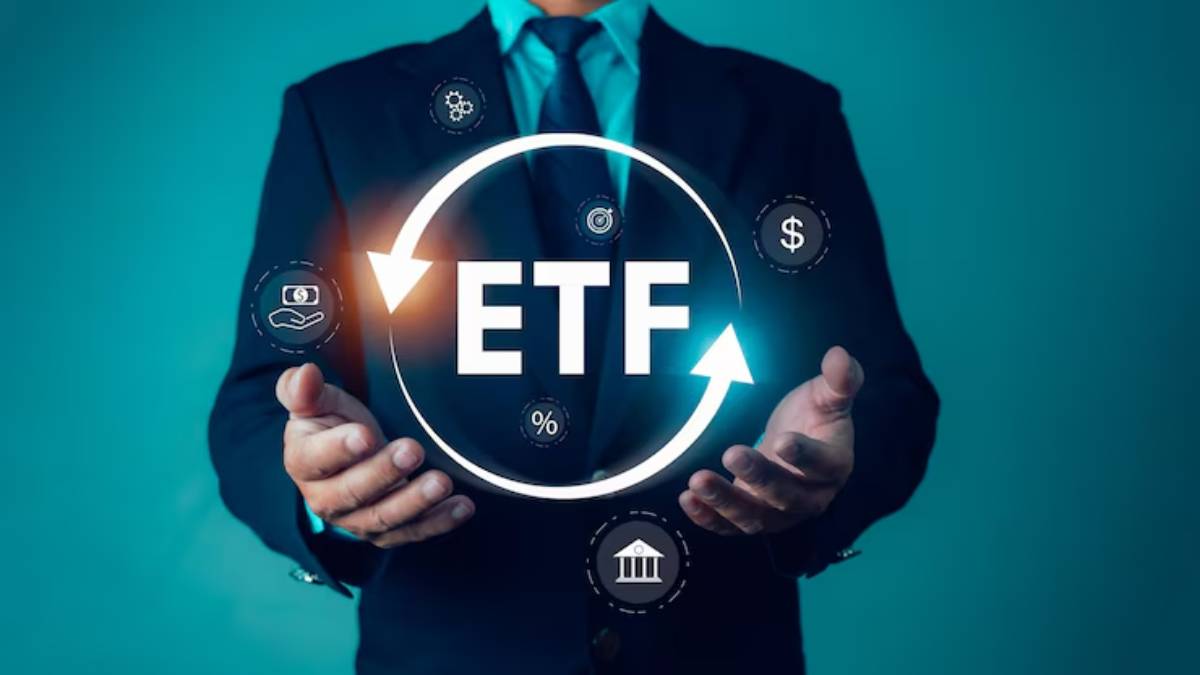
Emerging Markets: Index Funds vs. ETFs
Imagine stepping into a bustling street market, vibrant with energy, innovation, and opportunity. You can feel it — the future is being built right in front of you.
That’s what investing in emerging markets feels like.
These economies — from India to Brazil to Vietnam — offer rapid growth, rising incomes, and dynamic businesses. They’re not without risks, but for investors willing to venture beyond traditional markets, the rewards can be substantial.
In this guide, we’ll explore how you can tap into emerging markets using two powerful tools: index funds and ETFs. We’ll break down how each works, weigh the pros and cons, and help you decide the best way to add emerging market exposure to your portfolio.
What Are Emerging Markets?
A Simple Definition
Emerging markets are countries that are moving towards becoming developed economies, characterised by:
- Rapid economic growth
- Expanding middle classes
- Increased industrialisation
- Improving infrastructure
Examples: China, India, Brazil, Mexico, South Africa, Indonesia.
Quick Analogy: Think of emerging markets as teenagers — growing quickly, full of potential, but occasionally unpredictable.
Why Invest in Emerging Markets?
1. Higher Growth Potential
Emerging markets typically grow faster than developed markets.
Fact: According to the International Monetary Fund (IMF), emerging economies are forecast to contribute about 60% of global GDP growth over the next decade.
2. Rising Middle Class
Millions are entering the middle class, driving demand for housing, cars, technology, and financial services.
Opportunity: As incomes rise, companies serving these populations stand to benefit.
3. Diversification
Emerging markets often behave differently from developed markets, providing useful diversification for your portfolio.
4. Innovation Hubs

Emerging markets are hotbeds for fintech, green energy, mobile banking, and digital healthcare innovations.
Two Popular Ways to Invest: Index Funds vs. ETFs
Both index funds and ETFs offer low-cost access to emerging markets — but they work slightly differently.
Let’s break it down.
What is an Emerging Market Index Fund?
Overview
- A mutual fund that tracks an emerging markets index (e.g., MSCI Emerging Markets Index).
- Priced and traded once per day after markets close.
- Ideal for “set and forget” investing.
Example:
- Vanguard Emerging Markets Stock Index Fund.
Pros of Emerging Market Index Funds
- Simple: No intraday trading distractions.
- Accessible: Easy for beginners.
- Automated Investing: Many platforms offer regular contribution options.
- Cost-Effective: Lower fees than actively managed funds.
Cons of Emerging Market Index Funds
- Lack of Intraday Trading: You can’t react instantly to market moves.
- Less Flexibility: Only priced once daily.
- Higher Minimum Investments: Some require £500–£1,000 to start.
What is an Emerging Market ETF?
Overview
- An Exchange-Traded Fund (ETF) that tracks an emerging markets index.
- Traded on exchanges like a stock — throughout the trading day.
- Price fluctuates during the day based on supply and demand.
Example:
- iShares MSCI Emerging Markets ETF (EMIM).
Pros of Emerging Market ETFs

- Tax: Generally more tax-efficient in taxable accounts.
- Real–Time Trading: Buy and sell anytime during market hours.
- Flexible: Use limit orders, stop losses, or quick adjustments.
- Lower Minimum Investment: Buy a single share if you want.
Cons of Emerging Market ETFs
- Temptation to Overtrade: Reacting to short-term market noise.
- Bid-Ask Spreads: Wider spreads in less liquid ETFs could cost more.
- Requires Brokerage Account: Need a platform supporting ETF trading.
Real-World Examples: Choosing the Right Option
Olivia: The Long-Term Planner
- Goal: Retirement in 25 years.
- Strategy: Monthly automatic investments via ISA.
- Choice: Vanguard Emerging Markets Index Fund.
Why? She doesn’t need real-time trading. She values simplicity and steady contributions.
Ben: The Tactical Opportunist
- Goal: Maximise short- to medium-term opportunities.
- Strategy: Watch for dips, buy during market pullbacks.
- Choice: iShares Emerging Markets ETF.
Why? He appreciates intraday flexibility and wants to react to market swings.
Best Emerging Market Indexes to Track
When choosing funds, check what indexes they follow:
- MSCI Emerging Markets Index: Covers 24 countries including China, India, Brazil, South Africa.
- FTSE Emerging Markets Index: Slightly broader or different weightings from MSCI.
- S&P Emerging BMI Index: Alternative index with different country allocations.
Tip: Check the index composition — some have heavier Chinese weightings than others.
Key Risks in Emerging Markets
1. Political Instability
Changes in leadership, protests, or unstable governments can shake markets dramatically.
2. Currency Fluctuations
Emerging market currencies can swing wildly against the pound or dollar, impacting your returns.
3. Regulatory Risks
Markets may lack the transparency and investor protections common in developed economies.
4. Volatility
Emerging markets can drop sharply during global risk-off periods.
Stat: During the 2008 financial crisis, emerging markets fell over 50% — more than developed markets.
How to Manage the Risks
1. Keep Emerging Market Exposure Sensible
Financial advisors often recommend limiting emerging market allocation to 10–20% of your equity portfolio.
2. Diversify Within Emerging Markets
Use broad funds or ETFs rather than betting on a single country.
3. Stay Long-Term Focused
Accept that volatility is normal. Focus on 5–10 year growth horizons.
4. Rebalance Annually
Check if emerging market exposure has grown too large or too small compared to your plan.
Small Steps to Big Growth
Investing in emerging markets can feel adventurous — and rightly so. These economies offer some of the most exciting growth opportunities available today. But they also carry extra risk, which is why choosing the right tools — index funds vs. ETFs — matters greatly.
- Prefer set-and-forget simplicity? Go with emerging market index funds.
- Want more trading flexibility? ETFs could be your friend.
Either way, adding a slice of the world’s most dynamic economies to your portfolio could be a smart move for those aiming for long-term wealth.
Ready to start your emerging market journey? Explore your options today, align your strategy with your risk tolerance, and plant the seeds for a future that grows across continents.
Did this guide help you understand emerging market investing? Leave a comment, share it with your friends, or subscribe for more down-to-earth, practical investing advice!